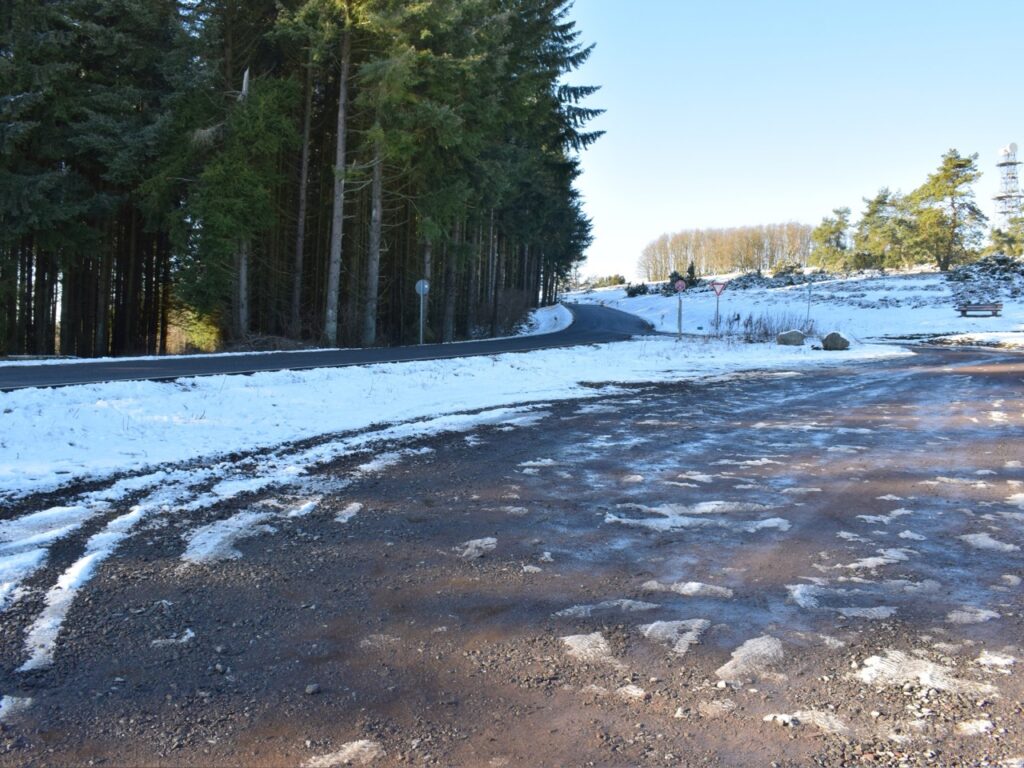
Applying sealcoat during the winter can be a tricky proposition, but it’s important to understand the potential benefits and potential drawbacks before making a decision. In this article, we’ll explore what you need to know about sealcoating during the winter months and provide some tips to help you make the best decision for your business or property.
First and foremost, it’s important to understand that sealcoating is a protective coating applied to asphalt surfaces to protect against wear and tear. Sealcoating helps to fill in small cracks, preserve the integrity of the asphalt, and extend the life of the surface. It’s typically applied to asphalt surfaces that are at least a year old, as new asphalt needs time to cure before it can be sealed.
So, why might you consider applying sealcoat during the winter? One reason is that the colder temperatures can actually be ideal for sealcoating. Asphalt contractors typically prefer to apply sealcoating when temperatures are between 50 and 90 degrees Fahrenheit, and winter can often provide the perfect temperature range. Additionally, sealcoating during the winter can help protect your asphalt from the harsh elements, such as snow and ice, that can cause damage and wear over the winter months.
However, there are also some potential drawbacks to a sealcoat during the winter. One issue is that the colder temperatures can make it more difficult for the sealcoat to properly cure. If the sealcoat doesn’t have a chance to properly cure, it may not provide the maximum level of protection for your asphalt. Additionally, snow and ice can make it difficult for contractors to access and work on your asphalt surfaces, which can increase the cost and time required for the job.
So, what should you do if you’re considering laying down sealcoat during the winter? Here are a few tips to keep in mind:
- Consider the weather: As mentioned above, it’s important to consider the temperature range when sealcoating. Make sure the weather will be within the optimal range for the sealcoat to properly cure.
- Communicate with your contractor: Make sure to discuss your plans with your asphalt contractor and ensure that they are comfortable and capable of working in the winter conditions.
- Be prepared for potential delays: Snow and ice can make it difficult for contractors to access your property, which can lead to delays in the sealcoating process. Be prepared for the possibility of delays and make sure to communicate with your contractor if you have any concerns.
In conclusion, sealcoating during the winter can be a viable option, but it’s important to consider the potential benefits and drawbacks before making a decision. Make sure to communicate with your contractor, consider the weather, and be prepared for potential delays. By following these tips, you can help ensure that your sealcoating project is a success.
